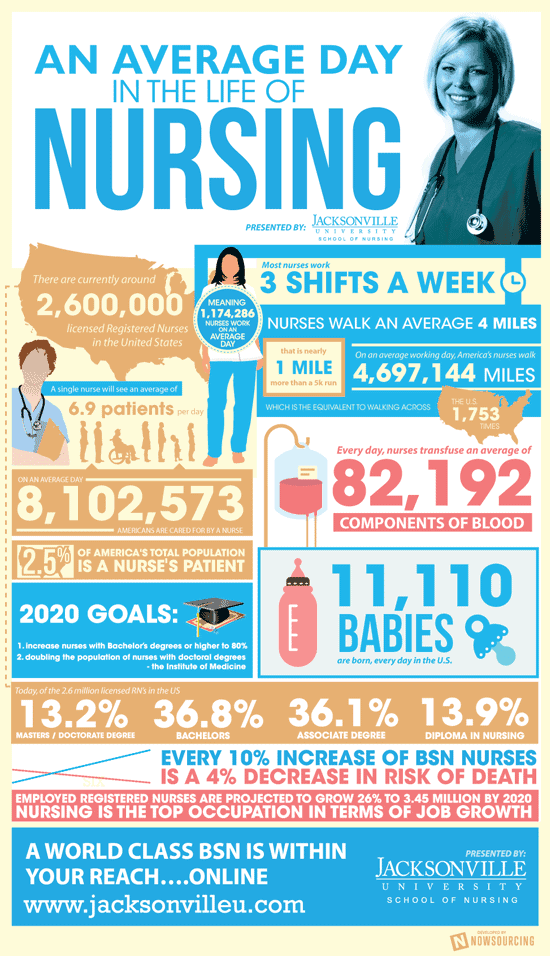My mentorship helped prepare me for the future by (1) increasing my communication skills, (2) being somewhat like a job to me meaning that I now have an internship to add to any job resume, (3) showing me what kind of nurse I want to become. The E.R. let me know what it is like to work as well as what it is like to work in a professional setting. Rather than being employed at a fast food restaurant where the setting is less professional, I gained experience in a more grown-up setting where work was more serious. This prepared me for future jobs more so than a normal teenage job would have.
After mentoring at the E.R. since the end of August, I am still learning new things, like how to find veins using new technology and how to remove IVs. I realize now that I want to become a nurse and then go on to become a nurse anesthetist. I would love to have this job because of the way in which everyday will be an adventure full of new patients to interact with. For students who plan to participate in the Honors Mentorship Program in the near future, I suggest that you take the opportunity seriously and respect it completely. Respect your mentor for his or her success and for allowing you to come forth and observe him or her. Do not expect to be put on a pedestal; work hard to make your mark at your mentorship.
 |
| "An Average Day In The Life of Nursing" via Jacksonville University's School of Nursing |
The infographic above neatly describes what a nurse typically does and what levels of education they obtain By doing this, the infographic informs people about nurses. This infographic is not mine; I do not own it. Its source is cited below.
An Average Day In The Life of Nursing. Digital image. DailyInfographic.com. Jacksonville University School of Nursing, Web. 08 May 2016.
No comments:
Post a Comment